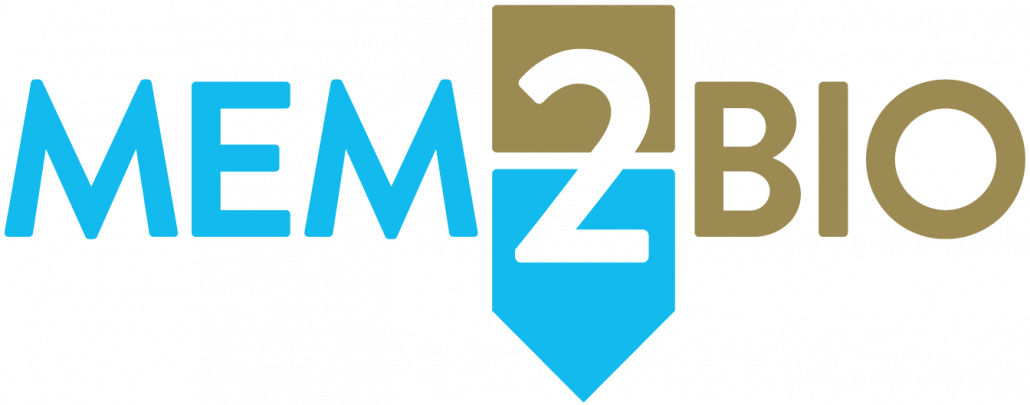WORK PACKAGES
MEM2BIO is structured in four well-integrated work packages (WP).
The model compounds of MEM2BIO are phenoxy acid herbicides (MCPA, MCPP, 2,4-D), BAM and chlorinated solvents (TCE, TCA).
WP1
Intelligent use of membrane separation technologies for removal of micropollutants in groundwater (WP-leader: associate professor Jens Muff, AAU)
In this WP the proposed membrane separation strategies are studied with direct focus on the above model pollutants. Groundwater from both Western and Eastern Denmark will be included to study the influence of a varied groundwater geochemistry. The majority of the work will be completed in the frame of a PhD project with the candidate enrolled at AAU with associate professor Jens Muff, AAU as principal supervisor and Postdoc Henrik Tækker Madsen, AAU as co-supervisor.
WP2
Bio-processes in sand filters (WP-leader: Professor Lars H. Hansen, AU)
This WP focuses on the biological processes in the sand filters with respect to bacterial degrader colonisation, survival and performance. Laboratory flask and column experiments will be performed with filter sand where degrader bacteria are either added or selected for concerning their capacity to remove pesticide residues or chlorinated solvents. Molecular tools will be used to elucidate which biotic factors are governing the efficiency of the sand filters to remove pollutants. A PhD student will be employed at AU.
WP3
Upscaling of membrane and biological filtration process (WP-leader: Senior researcher Christian N. Albers, GEUS)
In ‘real-life’, both the membrane system and the biofilter may behave differently from what was observed in the laboratory. We have therefore designed a pilot scale system which has now been constructed by Mem2Bio-partner, Silhorko. The first site for testing the technology in practice is an old drinking water well in Esbjerg, owned by Mem2Bio-partner Din Forsyning. The well has been closed due to its content of the pesticide degradation product BAM. Different upscaling effects on the performance of the combined membrane and biofilter system are tested at the site in Esbjerg throughout 2019.


